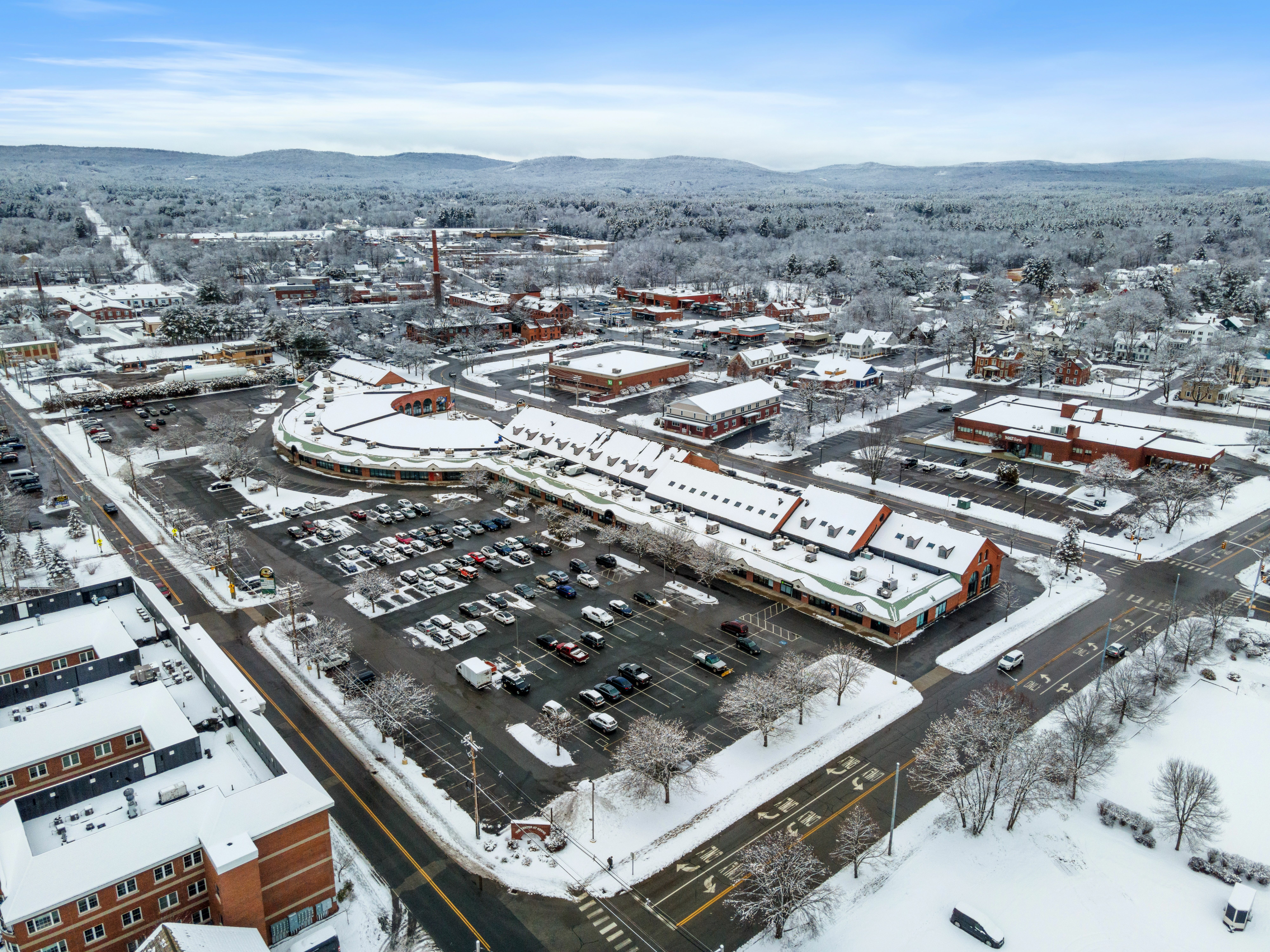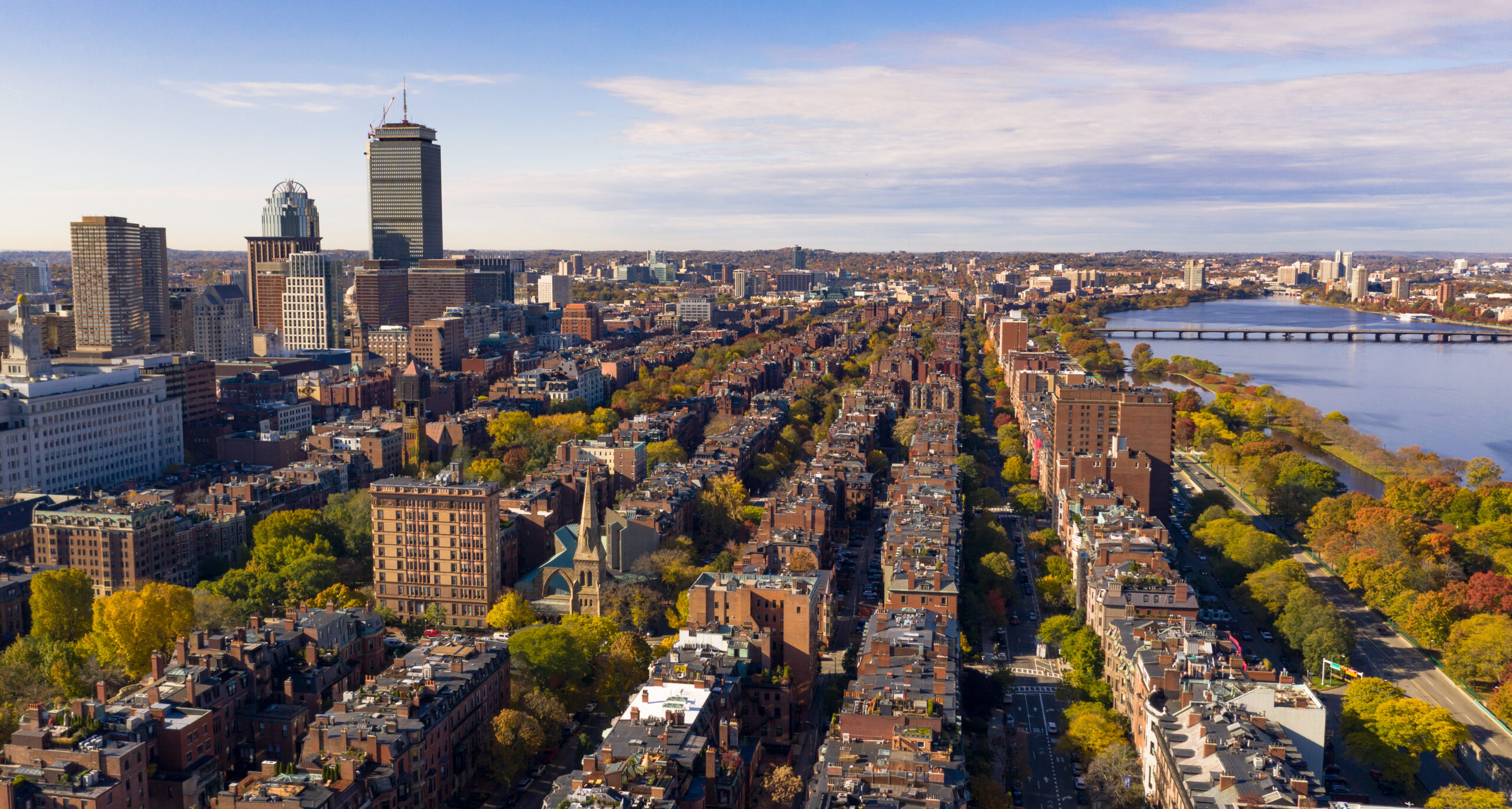
MASSACHUSETTS MUNI MINUTE | december 2024
Massachusetts Legislation: Climate Bill Passes — Insight from Freedom Energy’s Municipal Program Director
In my opinion, the greatest impact I see for MA clients will come from the permitting reforms. If you’ve tried to get a clean energy project through state approvals, you probably received a timeline that makes little sense – in some cases, it’s multiple years just for your project to be approved. S.2967 should help streamline the approval process for clean energy projects to expedite construction. Large projects will now have a 15-month approval timeline and smaller projects will have a 12-month timeline. This is a good start!
Battery storage is an intriguing option to help battle high energy costs as they can be charged during off-peak hours and deployed during the more expensive, peak hours. Part of the challenge is finding a project that pencils; in other words, one that does not cost the end user a ton of money! The new climate bill establishes a statewide energy storage incentive program that specifically promotes technologies like battery storage.
You’ve likely noticed the number of Electric Vehicles (EVs) on the road has been steadily increasing. One of, if not the biggest, concerns with EVs is the constant fear of running out of miles (gas) with no charger in sight or worse, the only charger available adds only a handful of miles per hour charged. The new climate bill focuses on the utilities’ ability to implement thorough charging plans, specifically ones that will reduce barriers for school bus electrification. One of our clients, the City of Salem, MA, added a 21-seat electric bus to its fleet in February 2022 and has since added several more after being awarded grants to cover the cost difference between a traditional bus versus an electric bus. Salem’s initiative may help encourage other Massachusetts cities and towns to break through with some electric buses of their own.
Discounted utility rates for low- and moderate-income families are also a part of S.2967 with mandates that require gas companies to pursue more client friendly, cost-effective heating solutions. Massachusetts relies on natural gas for heating and electric generation which often leads to increased costs as the weather gets cold.
Solar development is also a major part of this climate bill. Historical districts may now pursue solar projects, and the bill extends offshore wind contract terms – both furthering the state’s commitment to new, clean energy.
Those that oppose the new climate bill have cost concerns, worry about complexity and the impact on businesses. Some feel these changes place additional burdens on local business, but the overall goal is to advance and increase the amount of clean energy in the state; which is something most will agree is a good thing.
References
Meet the Writer

Brian White
Freedom Energy Logistics
Municipal Program Director
Brian White brings two decades of experience to his role as Municipal Program Director at Freedom Energy. He advises and assists communities throughout the Northeast in optimizing their energy spend and achieving sustainability goals. Brian collaborates with cities and towns to meet their energy requirements and renewable objectives, leveraging existing relationships, and establishing new ones within the municipal community. Click here to read Brian’s full bio.










Connect With Us